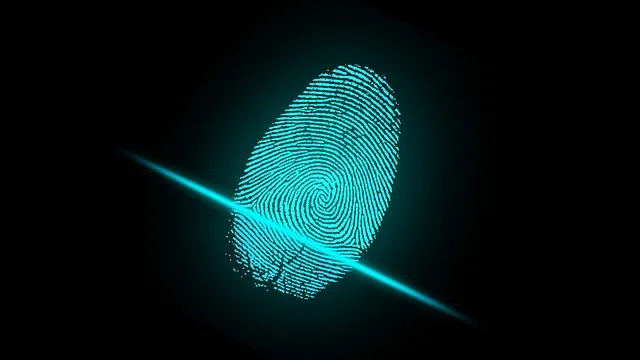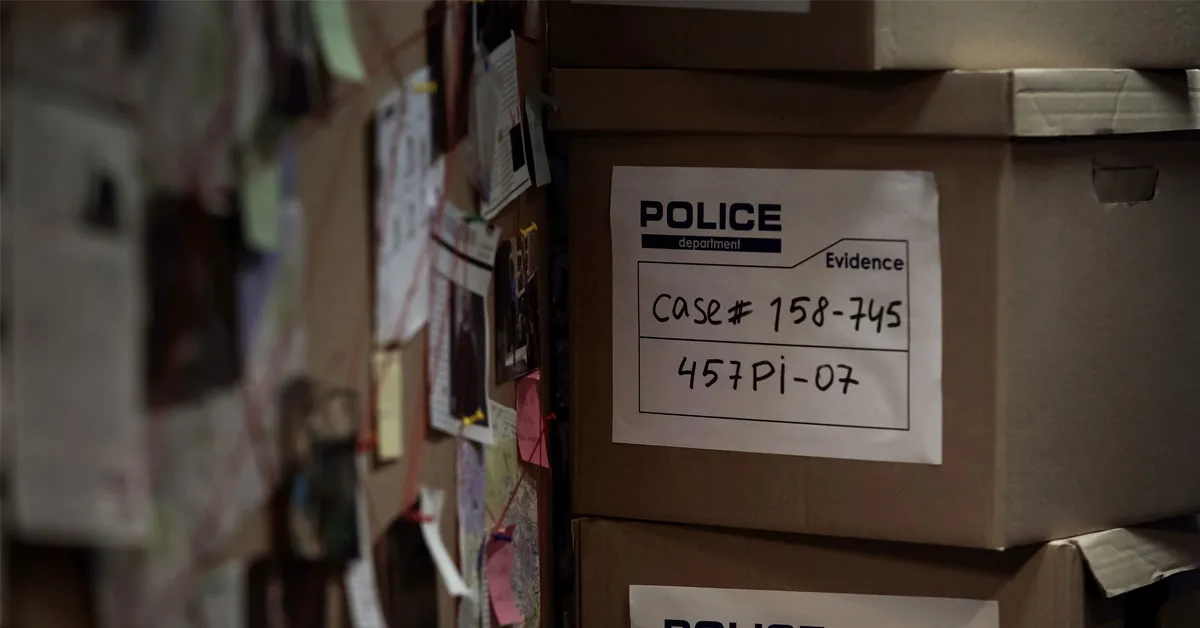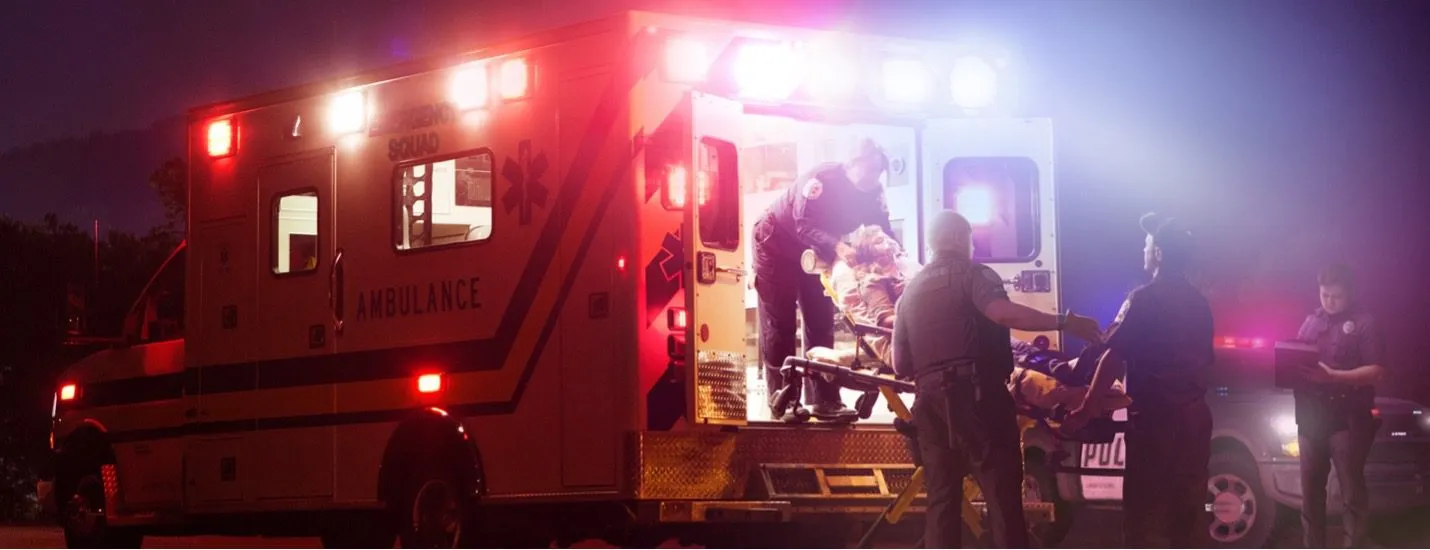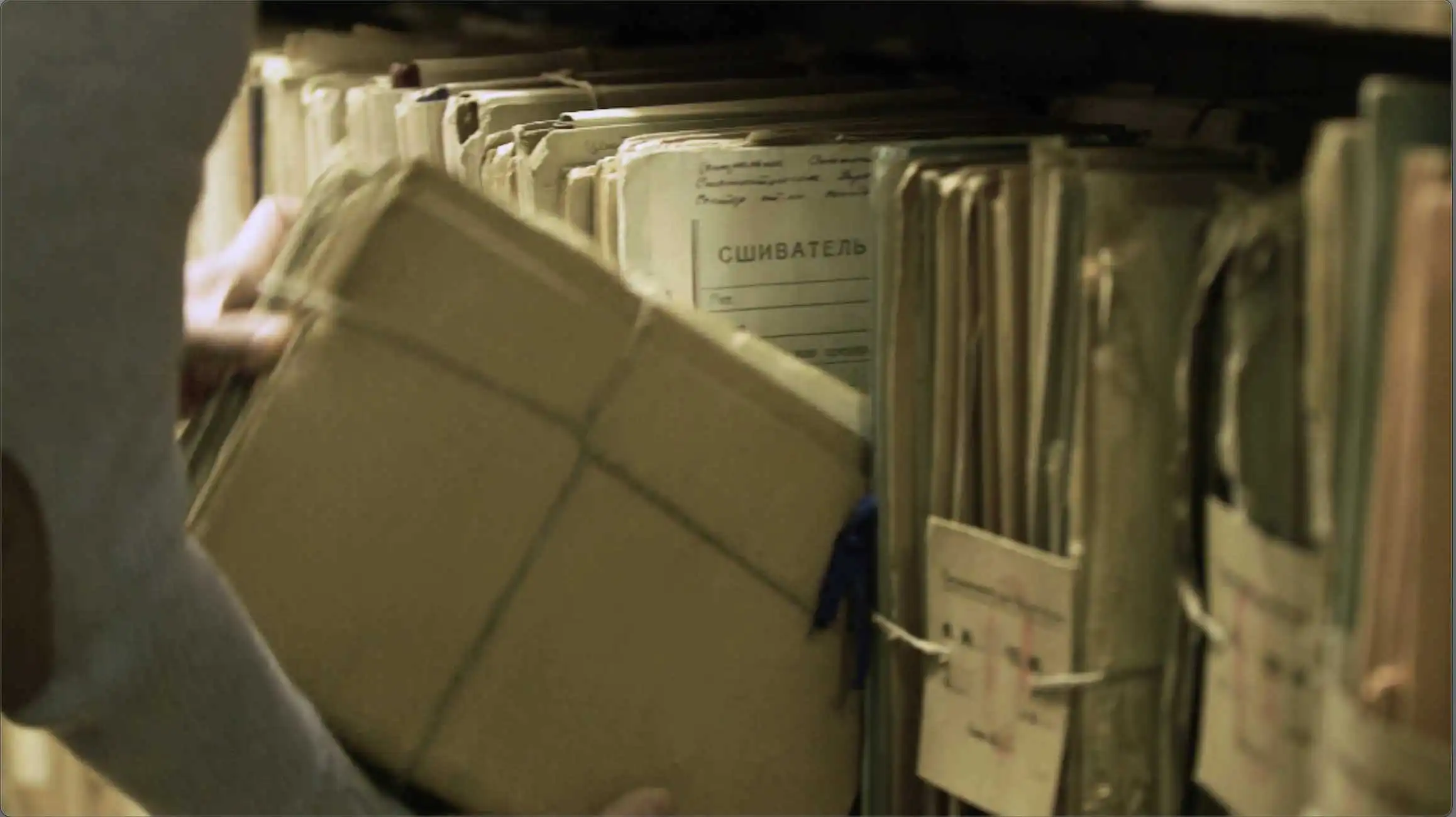The future of forensic investigation for law enforcement is still in question, but getting prepared for potential changes is essential.
The “CSI effect” has conditioned society to expect that forensic evidence can solve most high-profile crimes. And while forensics and crime scene investigation continue to be popular topics for prime-time TV, there are many in the industry – from law enforcement officers to prosecutors and judges – that argue that what works for TV drama and ratings does not work for real-life CSI and that the process of forensic investigation needs to be improved.
Cleaning up and setting new standards for how forensic evidence is handled, collected and categorized is a top priority for many in the law enforcement industry, given the mishaps that occur when evidence is mishandled. Pointedly, there have been hundreds of exonerations due to newly discovered, or improperly handled, DNA evidence; overturned cases due to faulty hair examination; and bite-mark studies that reveal serious shortcomings.
The end result of all the attention is that a reliance on high-quality forensic evidence by the courts and society has never been greater and law enforcement is expected to deliver it.
To ensure quality evidence is delivered, many crime labs turn to ISO accreditation. While accreditation does not equate to automatic high quality, it does mean that the lab adheres to external quality management systems. Crime labs that adhere to ISO guidelines are accredited by an inspection body that audits their procedures and performance on a regular basis. This process exists to regulate and guarantee the validity of results.
Many forensic labs voluntarily seek this accreditation as a way to demonstrate compliance with acceptable standards. Although typically not mandated by law to be accredited, if a lab were to choose not to be accredited, when they introduce evidence at trial, their results could be called into question. As a result, labs have an incentive to comply to substantiate the reliability and credibility of their work.
Unlike tests done in the crime lab, some forensic investigation work, such as fingerprint analysis, may be carried out by CSIs or technicians outside of the traditional laboratory. These tasks are less likely to be carried out by accredited units, but that has been slowly changing, and this trend may continue.
Accreditation: Then and Now
In 2009, the National Academy of Sciences released a report called Strengthening Forensic Science in the United States: A Path Forward. Legislation was then proposed and a Forensic Science Commission was formed under an executive order from President Obama to act on the report’s recommendations. The Forensic Science Commission operated until April 2017 making recommendations to the Attorney General on regulating the field. One of the recommendations was to have all forensic science providers (including CSI Units) subject to mandatory accreditation and all personnel subject to mandatory certification by the year 2020.
Mandatory accreditation seemed to be the case – until last year when newly appointed Attorney General Jeff Sessions failed to renew the Forensic Science Commission after its term and opting instead for a new strategy to be set by an in-house team of law enforcement advisers. This left the previous recommendations in a state of limbo.
So while the deadline may come to pass, accreditation certainly still has some strong support.
Preparing for the Future
With all of this uncertainty on how to move forward, what should your department do to prepare, assuming accreditation remains a priority?
- Develop a list of all forensic evidence collection, testing, handling and processing tasks performed within the agency (think broadly).
- Review your existing policies and procedures. Determine if they meet existing ISO Standards.
- Perform a gap analysis to identify where the current procedures are absent, or don’t meet the standards.
Once these steps are completed, the agency can begin to design formal policy and procedure manuals and develop training and quality assurance programs and, if desired, apply for accreditation with an accrediting body.
Once a unit receives accredited status, audits are required to ensure those standards are continuing to be met. These audits typically do not take place in the field; instead, they mainly look back at casework and records to see if the agency has been operating within accepted policies.
One common reason cited for failing an audit is improper records management. That’s where robust case management software with an integrated CSI module can be incredibly helpful. When evidence management is integrated with case management all interested parties, including the investigators, CSIs, scientists, property managers and agency executives can easily share information and ultimately ensure better documentation and better outcomes.
While there continues to be a national conversation continuing around the topic of accreditation – and whether or not it should be universally required – reviewing developing policies and adhering to standards can always help improve forensic investigation operations. Furthermore, taking a step in this direction will demonstrate that your agency continues to strive to ensure your forensic evidence is of the highest integrity.
Find out more about how organizing your records can aid with meeting accreditation requirements.






